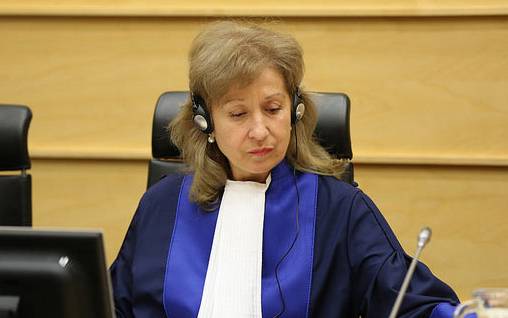×
The Standard e-Paper
Join Thousands Daily

Kenyan lawyer Paul Gicheru has surrendered to the International Criminal Court (ICC) pursuant to a warrant of arrest issued against him on March 10, 2015.
According to a statement by The Hague-based court, released on Monday, Mr Gicheru surrendered to the Dutch authorities after five-year-long search.